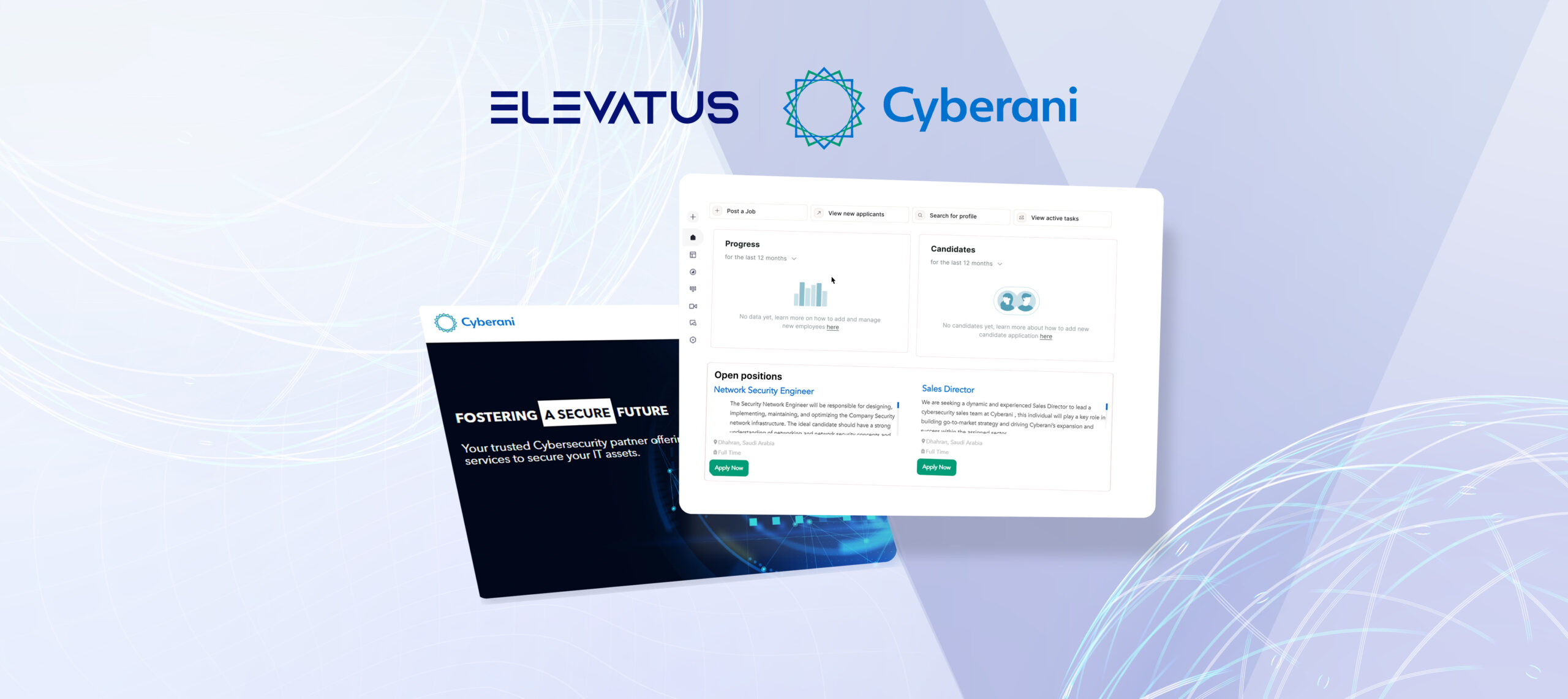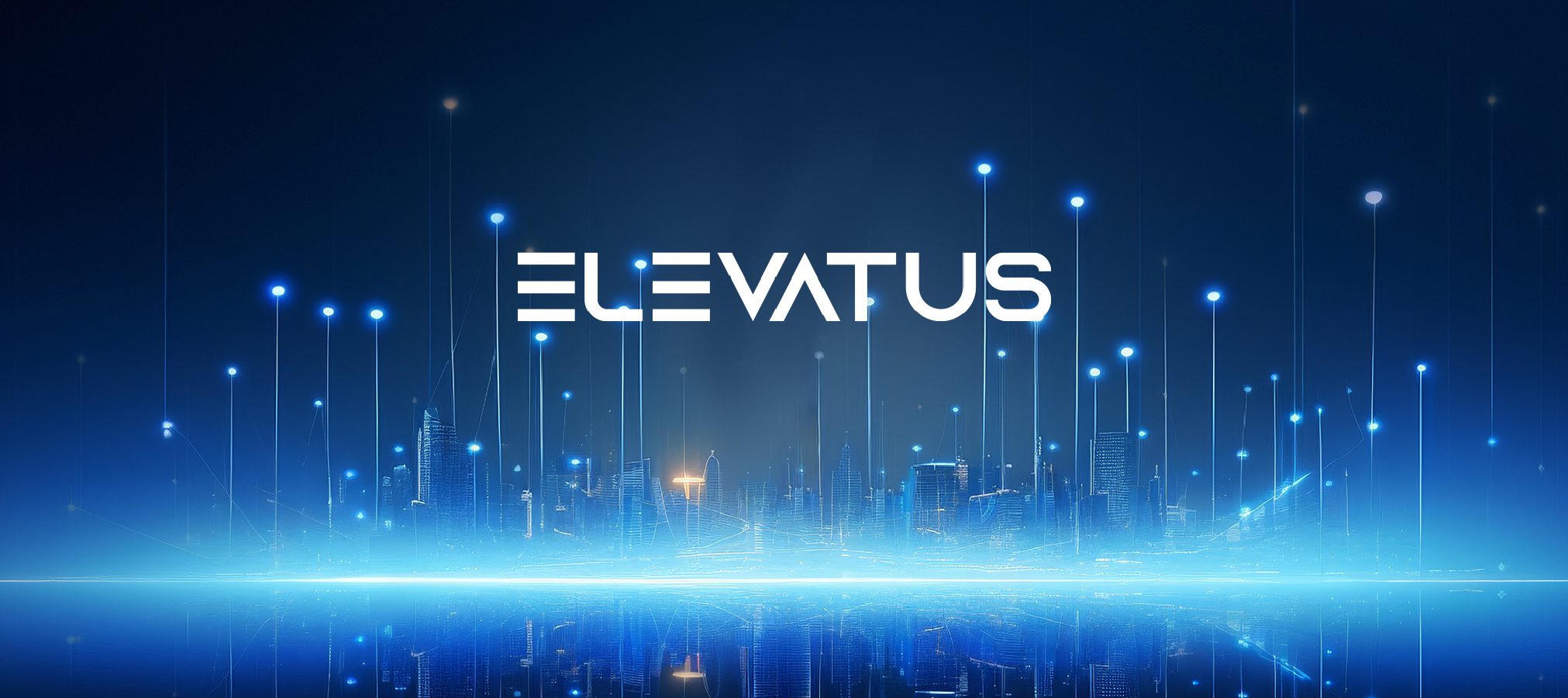
Unstructured interview definition
March 14, 2024
Elevatus
Content Writer
Unstructured interviews are conversational and free-flowing discussions between an interviewer and a candidate, typically lacking a predetermined set of questions. Instead, the interviewer might explore various topics related to the candidate’s background, experiences, skills, and personality traits. These interviews allow for flexibility and adaptability, enabling interviewers to delve deeper into specific areas of interest as they arise during the conversation. However, unstructured interviews can vary widely in format and content, potentially leading to inconsistencies in evaluation and difficulty in comparing candidates.
How do unstructured interviews differ from structured interviews?
Unstructured interviews differ from structured ones in their format and approach. Unlike structured interviews, which follow a predetermined set of questions, unstructured interviews allow for spontaneous dialogue. Questions in unstructured interviews are not predetermined, offering interviewers flexibility to explore diverse topics as they arise. This format fosters genuine interaction, enabling interviewers to delve deeper into subjects and uncover nuanced insights beyond scripted responses.
While structured interviews provide consistency and reliability in evaluation, unstructured interviews offer a more holistic view of candidates’ personalities, communication skills, and thought processes, making them valuable for assessing qualitative factors.
What situations and questions are used in unstructured interviews?
Unstructured interviews, characterized by their lack of predetermined questions, offer interviewers the flexibility to explore a wide range of topics spontaneously. In contrast to structured interviews, where questions are standardized, unstructured interviews allow for a more natural and fluid conversation. Below are examples of situations or questions commonly used in unstructured interviews:
- Open-ended Questions: Encourage candidates to share their thoughts, experiences, and perspectives without constraints.
- Behavioral Prompts: Invite candidates to describe past situations and their responses, providing insights into their problem-solving skills and decision-making processes.
- Scenario-based Inquiries: Present hypothetical scenarios relevant to the role, assessing candidates’ ability to think critically and adapt to different situations.
- Follow-up Queries: Address specific details or areas of interest that emerge during the conversation, allowing for deeper exploration.
- Reflective Prompts: Encourage candidates to reflect on their personal values, goals, and motivations, providing insights into their fit with the organization’s culture and mission.
Advantages and disadvantages of unstructured interview
Unstructured interviews offer both advantages and disadvantages for both the interviewer and the interviewee. On the one hand, they encourage mature and open communication, fostering a relaxed environment where interviewees may disclose relevant information that could otherwise be forgotten under stress. This format also promotes a sense of personal responsibility in participants.
However, unstructured interviews may lead to wandering off-topic or sharing too much-unrelated information, potentially excluding specific details the interviewer seeks. Moreover, they typically consume more time than structured interviews, which could be a disadvantage for both parties, especially when efficiency is essential. Despite these drawbacks, the depth of insights and the authenticity of responses often make unstructured interviews valuable for gaining a comprehensive understanding of candidates’ qualifications and characteristics.
Explore the HR landscape without getting tangled in complex terms!
Introducing our comprehensive Glossary. This is more than just a dry catalog of definitions; it’s a treasure trove of knowledge that unveils the heart and soul of each term.
While you’re here, delve into our growing library of Recruiting Definitions:
Turn top talent to employees fast
Hire, assess, onboard and manage top talent for every job. See how Elevatus streamlines everything; from acquire to new hire.
Request a demoAuthor
Elevatus
Don't miss a thing!
Stay one step ahead. Subscribe and get the latest updates, news, and insights from Elevatus straight to your inbox.





